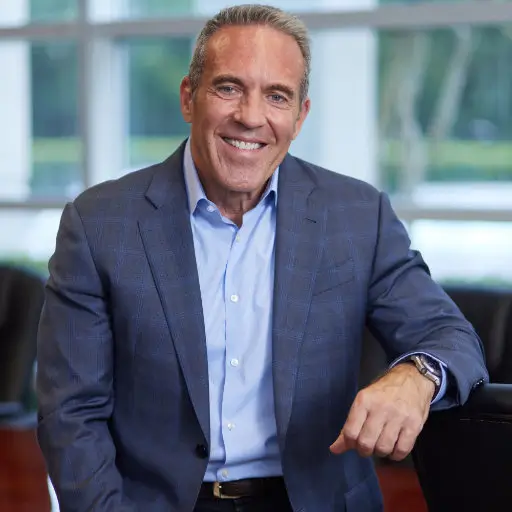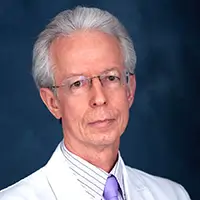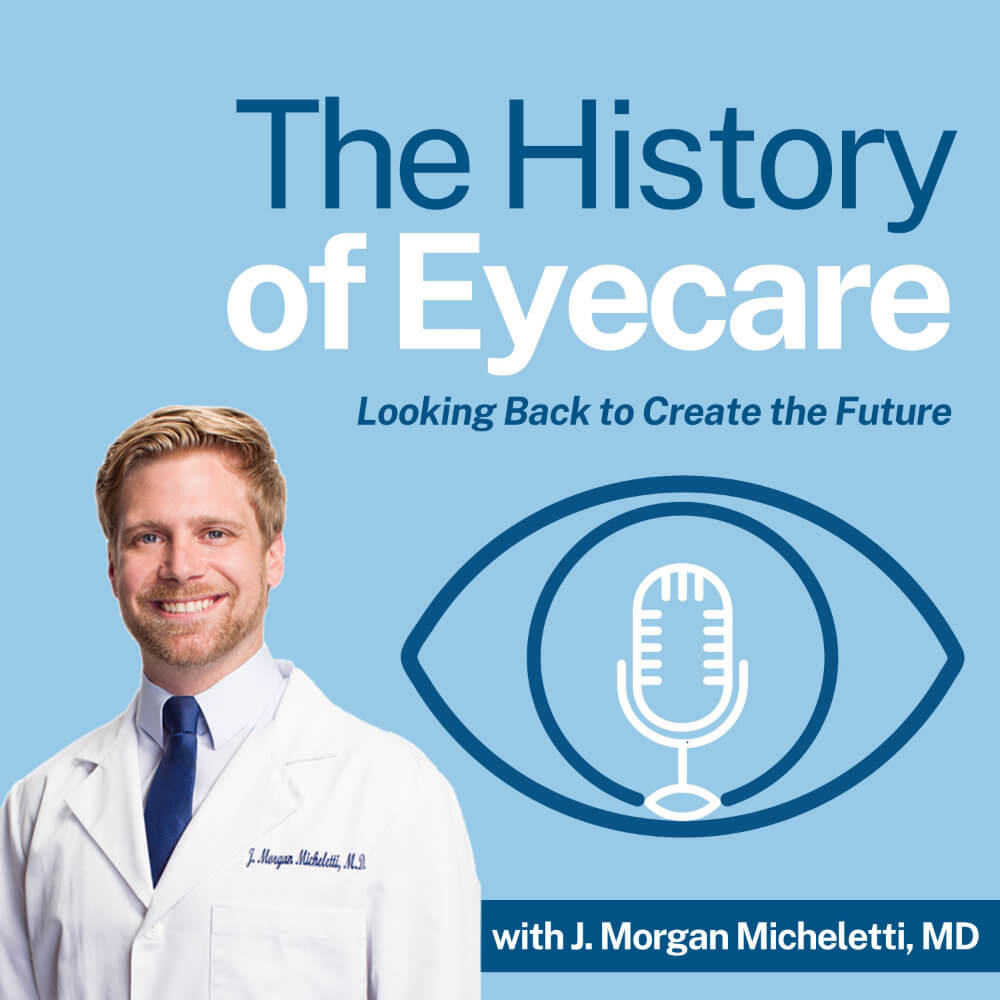18. Steve Charles, MD: Modern Vitrectomy, Engineering Breakthroughs, Liaison to Cataract Surgeons
Episode Description
Dr. Steve Charles discusses his early influences and career path, including his decision to become an ophthalmologist. He shares his focus on vitreoretinal surgery and the importance of collaboration and education in his field. Dr. Charles also talks about his experience with product development at Alcon and the challenges of finance in startups. He emphasizes the impact of his innovations in vitrectomy and advancements in surgical equipment. Dr. Charles discusses the importance of publications and education, as well as the global impact of his work. He also shares his thoughts on the most important technological advancement in his field. In this conversation, Dr. Steve Charles discusses his experience flying jets and the importance of flying like a professional. He shares his journey of becoming a pilot and the types of jets he has flown. Dr. Charles also talks about the concept of aspirational innovation and provides advice for starting a company. He emphasizes the importance of constant learning and building the right team.
Takeaways
Early influences and exposure to art, engineering, and medicine shaped Dr. Charles’ career path.
Collaboration and education are crucial in the field of vitreoretinal surgery.
Product development requires a strong partnership with a company and a focus on solving problems.
Finance is a challenge in the medtech industry, and the return on investment has not been favorable.
Dr. Charles’ innovations in vitrectomy and advancements in surgical equipment have had a significant impact.
Publications and education play a vital role in sharing knowledge and improving patient care.
Dr. Charles emphasizes the importance of global impact and sustainability in healthcare.
Technique and technology are key factors in the success of vitreoretinal surgery.
Anti-VEGF therapy has been a game-changer in the treatment of retinal diseases.
The most important technological advancement in Dr. Charles’ field is high-speed disposable cutters. Flying jets requires skill and professionalism.
To become a pilot, it is important to learn from experienced instructors and fly like a professional.
Constantly learning about technology is crucial for success in innovation.
When starting a company, having a clear product and building the right team are essential.
Chapters
00:00 Early Influences and Career Path
03:08 Becoming an Ophthalmologist
08:24 Focus on Vitreoretinal Surgery
10:11 Product Development with Alcon
12:06 Importance of Collaboration and Education
19:07 Challenges in Medtech Finance
22:11 The Impact of Product Development
24:20 The Importance of Learning and Teaching
27:43 Early Innovations in Vitrectomy
29:05 Advancements in Surgical Equipment
34:06 The Role of Publications and Education
37:15 The Global Impact of Product Development
39:04 Writing the Book and Importance of Technique and Technology
42:37 The Evolution of Surgical Equipment
46:10 Advancements in Vitrectomy Techniques
48:07 The Impact of Anti-VEGF Therapy
49:31 Flying Jets
50:13 Becoming a Pilot
51:08 Flying Like a Pro
52:37 Aspirational Innovation
53:34 Advice for Starting a Company
54:03 Constant Learning
54:33 Building the Right Team
55:18 Closing Remarks
Related Episodes

14. Nick Curtis: Industry Evolution, Leadership in Innovation, and Surgical Breakthroughs







